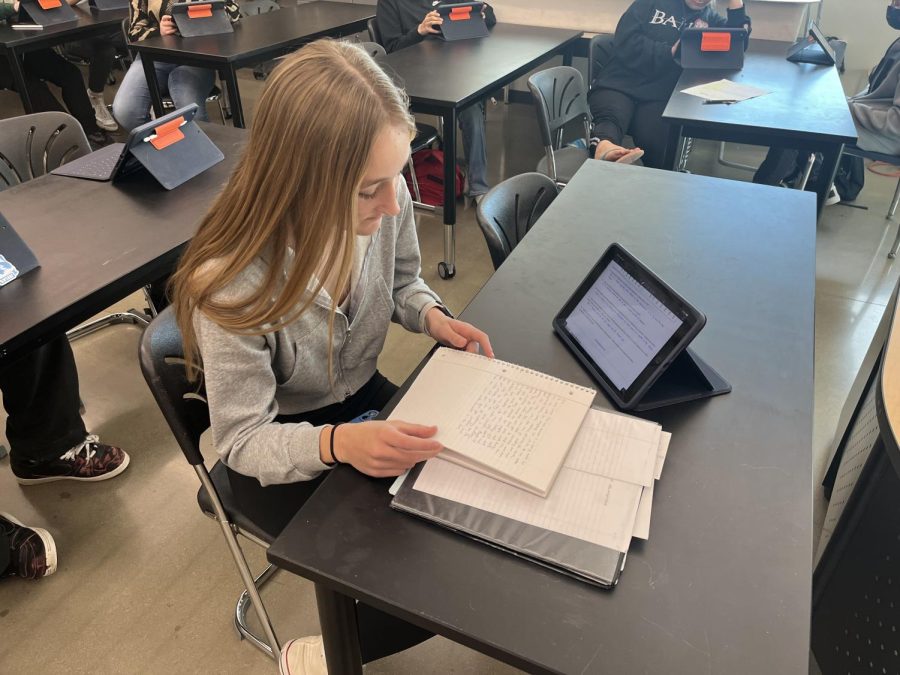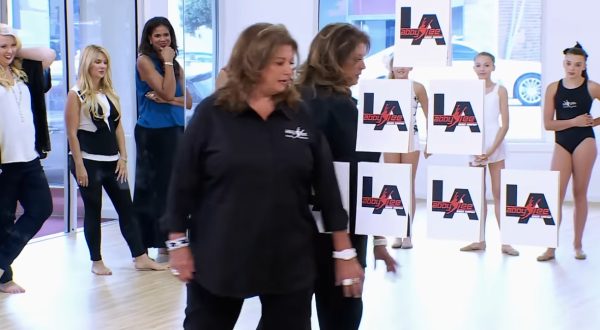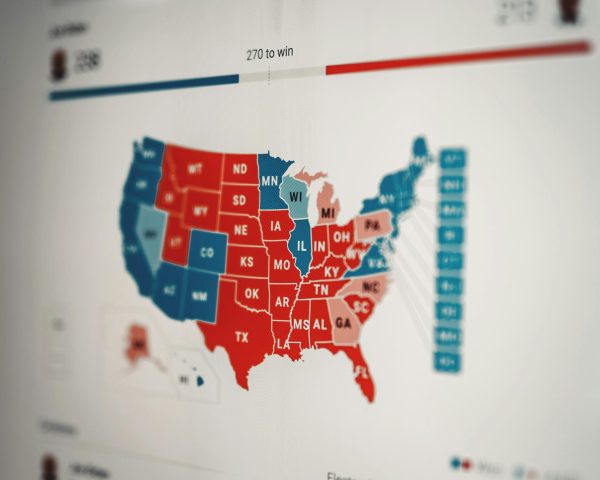Having a job has pros and cons, it’s up to students to balance them
Many high school students have part-time jobs while also studying and going to school full time, this comes at a cost
According to Youth Law, the average working student works around 18 hours a week.
Getting a job can provide new skills or improve preexisting ones that will be beneficial to your future career or job. Students that work while also in school have the opportunity to gain skills that they might not be able to obtain elsewhere.
A lot of responsibility is necessary for someone to have a job and be enrolled in school at the same time. If you have school and work in the same day, it’s wise to know in advance what you may need throughout the day.
This could be food to fuel you, a charger, or other things that help you feel successful. Fueling your body is essential to your work ethic. Also, you are expected to show up on time and leave at a certain time, so knowing how long your drive will be is important.
Jobs definitely help develop communication and collaboration skills, plus they help you learn manners you might not learn elsewhere. Some skills you gain include time-management skills, the ability to self-monitor, and new methods in problem-solving.
Although there are many advantages from working, there are also disadvantages. Scheduling work regularly can be adverse to the overall result of students’ work and participation in school.
Stacy Avitia (‘23) used to work at The Home Depot and it was difficult for her to balance her homework load. She also played tennis and found this additional responsibility that much more challenging to manage.
Ultimately, she said, she quit her job in order to focus more on school.
School attendance might decrease with being tired from a late night at work. Depending on the type of work, you might be expected to continuously be moving, causing exhaustion. For some this could contribute to burnout.
Abigail Fagan from Psychology Today explains that, “Students are understandably proud to report how many honors and Advanced Placement courses they are taking[,] but when the schedule’s intensity becomes too high, it is easy to drown in the onslaught of work.”
“The academic day is long and intense, followed by afternoons pursuing extracurricular activities,” Fagan continued.
This can lead to students coming home from work late at night just to start back up with schoolwork yet again.
“To manage the workload, teens may study until the wee hours of the morning, just to wake up and start the whole cycle over again, exhausted. With life on a hamster wheel, students may not have time for recovery or play,” Fagan said.
Jorja Haskin (’23) has experienced burnout herself. While playing softball, taking advanced classes, and working, she lacked motivation to even get up in the morning sometimes because of her overwhelming feelings.
Students who experience burnout usually have extended academic stress which can build up over time from rushing to get things done last minute and having missing assignments.
Fagan said that this burnout can be dangerous because students can leave high school not “excited and interested in learning, [but] exhausted from four years that were too intense”.
That being said, the advantages can outweigh the disadvantages depending on the student.
A big benefit of working while in school is that students who are in high school with part time jobs can use savings to go towards their expenses after high school (college, moving out, etc.), which can help with debt in the future and feelings of financial stress right now.
While it can be beneficial for students to get a head start on their savings, some may acquire bad spending habits as well. Students who get jobs may tend to spend money often, which could lead to little to no savings.
I have had my own experiences working while attending school.
Students can definitely have a part time job and still have enough time for school, but it’s difficult. Personally, I have a part-time job working around 15 hours a week. I handle the stresses by using my time wisely – I do homework on my days off and I plan ahead. I usually have one day a week where I complete my school work and this makes me feel less stressed going into my work week as well.
It’s possible to balance a job during high school. For some, it’s a good option. For others, it’s not. It depends on the person.
Your donation will support the student journalists of Mead High School. Your contribution will allow us to purchase equipment and cover our annual website hosting costs.

Layla virtue is a senior. She enjoys playing soccer, writing, and hiking. Outside of school she enjoys working at Marshall’s, hiking with her maine coon cat, and learning about different careers. She is looking forward to being involved in Mead this year.

Jacob Morales is a sophomore. He enjoys playing the drums, eating sushi, and napping with his dog, Ellie. He is involved with Marching Band and Advanced Jazz Band. Jacob is looking forward to making music with his band, passing his AP classes, and playing concerts.















